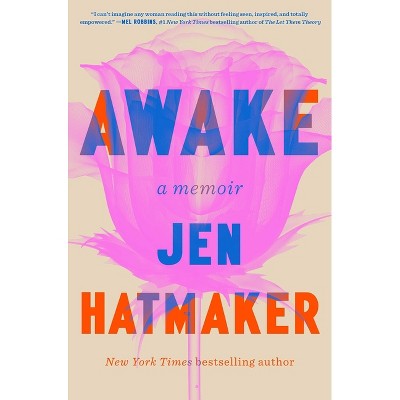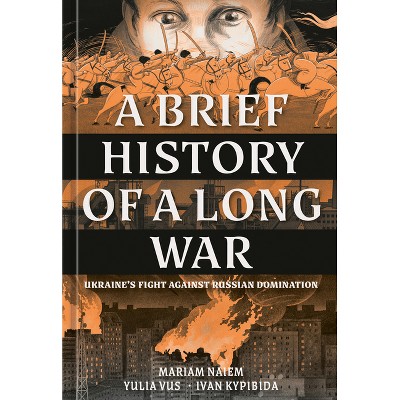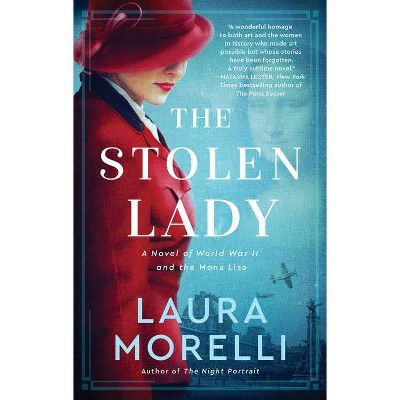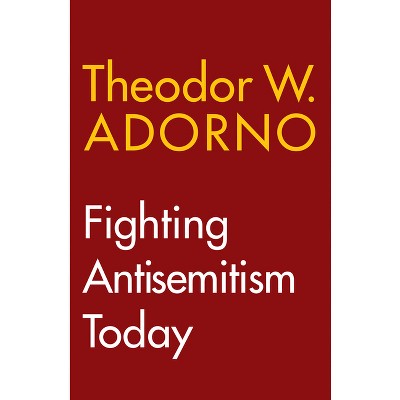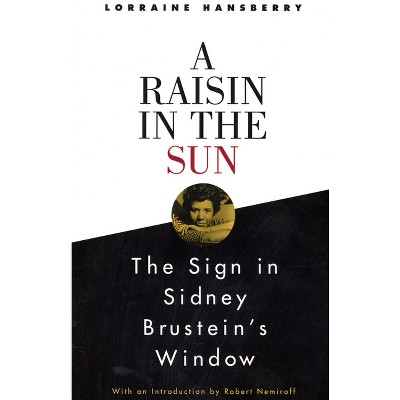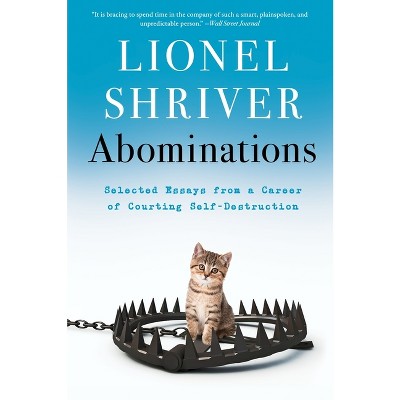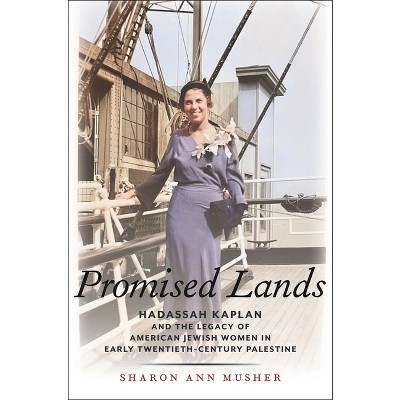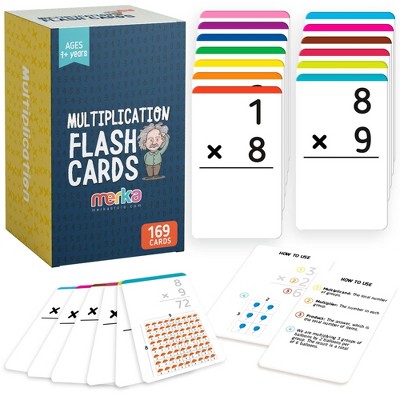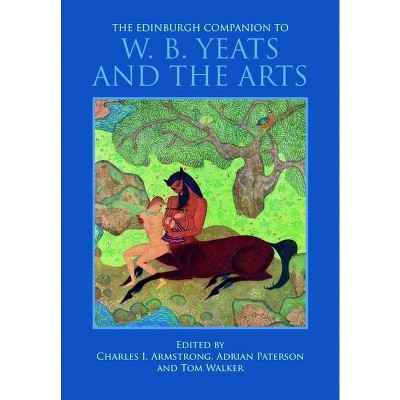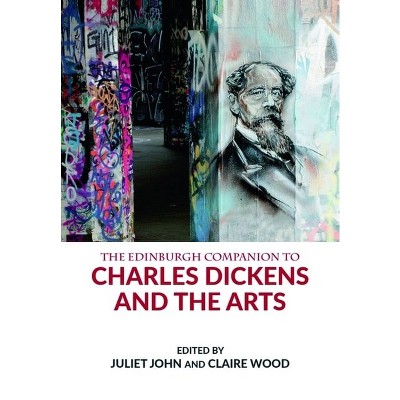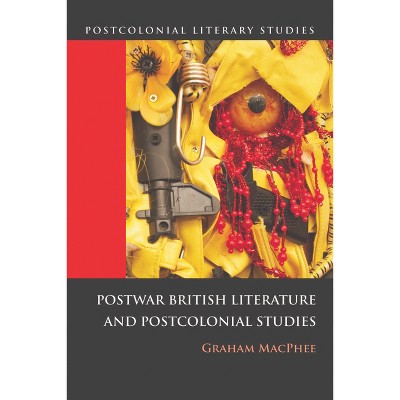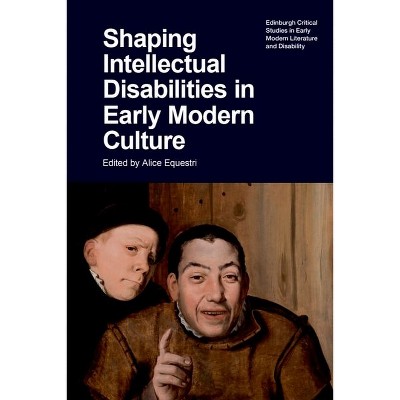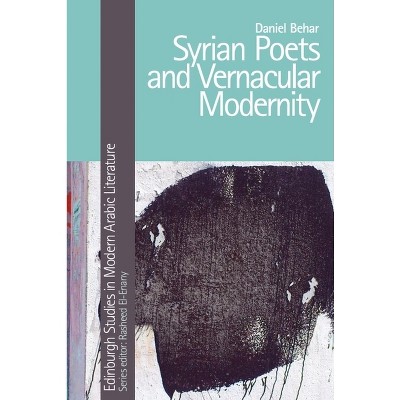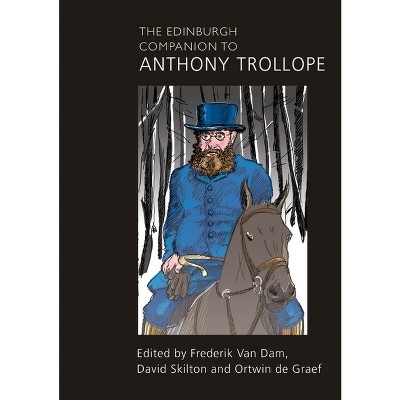Sponsored

The Figure of the Terrorist in Literature and Visual Culture - by Maria Flood & Michael C Frank
In Stock
Sponsored
About this item
Highlights
- The contemporary preoccupation with terrorism is marked by a curious paradox: whereas the topic has been ubiquitous in public discourse since the late twentieth century, the voices of terrorists themselves are usually silenced.
- About the Author: Maria Flood is Senior Lecturer in World Cinema at the University of Liverpool Michael C. Frank is Professor of Literatures in English of the Nineteenth and Twentieth Centuries at the University of Zurich
- 352 Pages
- Literary Criticism, Reference
Description
About the Book
"The contemporary preoccupation with terrorism is marked by a curious paradox: whereas the topic has been ubiquitous in public discourse since the late twentieth century, the voices of terrorists themselves are usually silenced. Is the terrorist "the quintessential proscribed or tabooed figure of our times", as cultural anthropologists Joseba Zulaika and William A. Douglass have suggested? The present volume is the first to approach the tabooing of terrorists from an interdisciplinary and comparative perspective. Covering a broad geographical scope, it explores how different media forms (such as novels, fiction and non-fiction films, or comic books) frame and make sense of the figure of the terrorist: do they reinforce the terrorism taboo, or do they find ways of circumventing it? Each contribution asks how factors such as ideological agenda, religious identity, ethnicity, and gender impact the way the perpetrators of political violence are conceived in different historical moments and cultural contexts."--Book Synopsis
The contemporary preoccupation with terrorism is marked by a curious paradox: whereas the topic has been ubiquitous in public discourse since the late twentieth century, the voices of terrorists themselves are usually silenced. Is the terrorist "the quintessential proscribed or tabooed figure of our times", as cultural anthropologists Joseba Zulaika and William A. Douglass have suggested? The present volume is the first to approach the tabooing of terrorists from an interdisciplinary and comparative perspective. Covering a broad geographical scope, it explores how different media forms (such as novels, fiction and non-fiction films, or comic books) frame and make sense of the figure of the terrorist: do they reinforce the terrorism taboo, or do they find ways of circumventing it? Each contribution asks how factors such as ideological agenda, religious identity, ethnicity, and gender impact the way the perpetrators of political violence are conceived in different historical moments and cultural contexts.From the Back Cover
The contemporary preoccupation with terrorism is marked by a curious paradox. Since the late twentieth century terrorism has been ubiquitous in public discourse while the terrorists' voice is usually silenced. Flood and Frank question if the terrorist is "the quintessential proscribed or tabooed figure of our times", as Joseba Zulaika and William A. Douglass have suggested. The Figure of the Terrorist in Literature and Visual Culture takes an interdisciplinary and comparative approach. Covering a broad geographical scope, it explores how media forms such as novels, fiction and non-fiction films, and comic books make sense of the terrorist. This collection asks how ideological agenda, religious identity, ethnicity, and gender impact the way the perpetrators of political violence are conceived in different historical moments and cultural contexts. Maria Flood is Senior Lecturer in World Cinema at the University of Liverpool Michael C. Frank is Professor of Literatures in English of the Nineteenth and Twentieth Centuries at the University of ZurichReview Quotes
An exceptional anthology [...] presents a critical and overdue intervention in the landscape of terrorism discourse, testing and dismantling the prevalent terrorism mythography.--Maria Mothes "Journal for the Study of British Cultures"
Required reading for anyone concerned with the political uses and abuses of the fictionalized Terrorist figure. The collection revisits the notion of the terrorism taboo within literature and cinema to tackle difficult topics like the ambiguity of fiction in constituting and dissolving terrorism.
--Joseba Zulaika, Author of Terrorism: The Self-Fulfilling ProphecyThis collection makes an exciting intervention that expands the frame of critical terrorism studies to include figures such as football hooligans and white supremacists, as well as offering new comparative readings of well-established terrorist tropes and representations in contemporary global literary and visual culture.
--Stephen Morton, University of SouthamptonThese essays challenge the "terrorism taboo," in which the figure of the terrorist is deprived of "political subjectivity," through nuanced investigations of this figure--represented in fiction, film, television, and comics--that restore complexity. By complicating and rehistoricizing the figure of the terrorist, these authors ultimately challenge readers to consider how or if empathy--a "difficult empathy"--might be employed.--G. E. Bender "CHOICE connect"
About the Author
Maria Flood is Senior Lecturer in World Cinema at the University of Liverpool
Michael C. Frank is Professor of Literatures in English of the Nineteenth and Twentieth Centuries at the University of Zurich
Shipping details
Return details
Frequently bought together
Trending Book Deals
